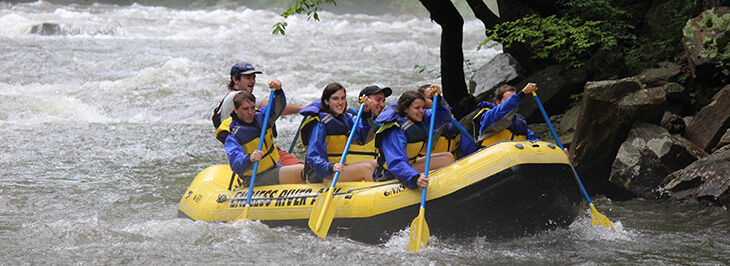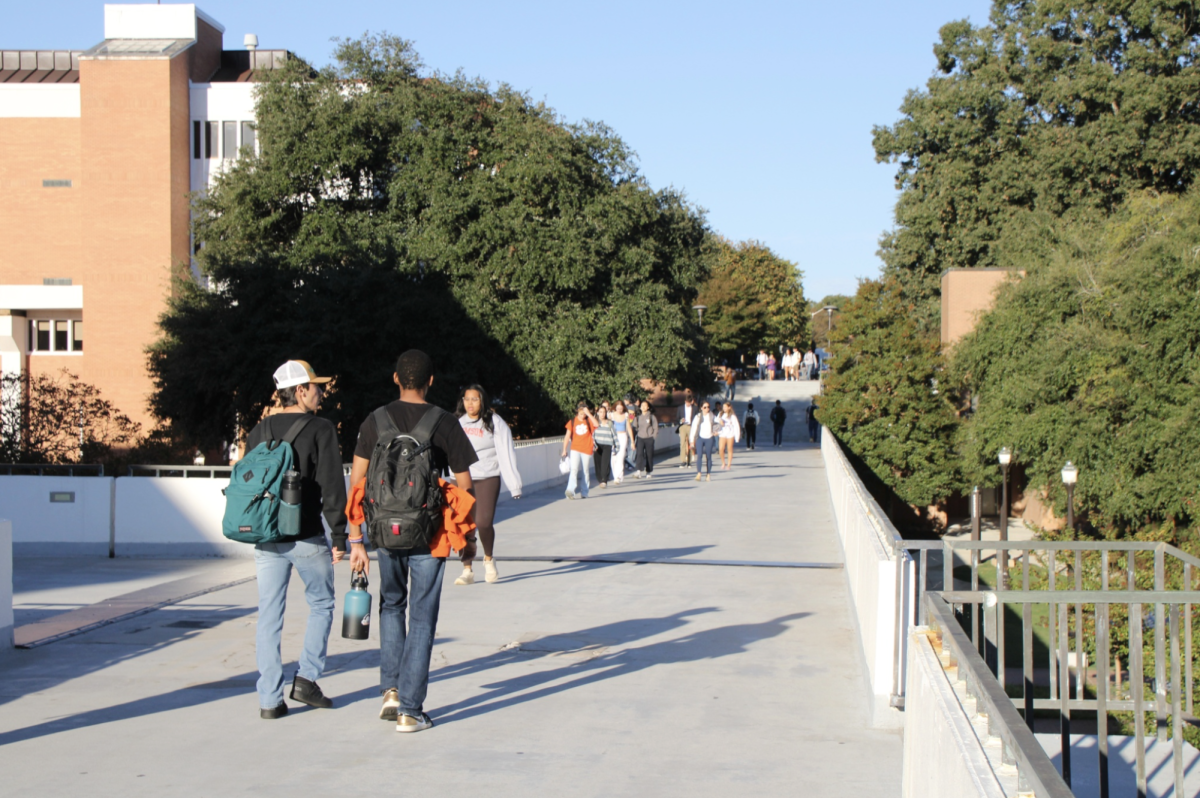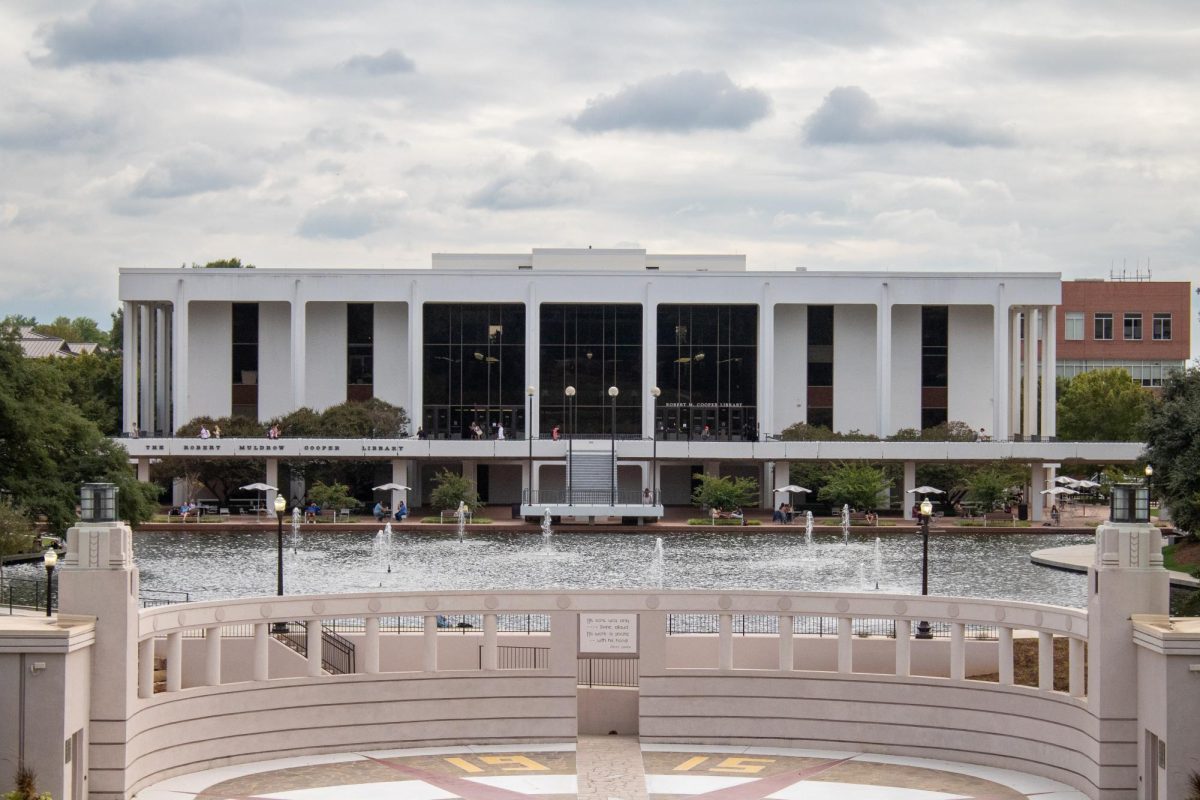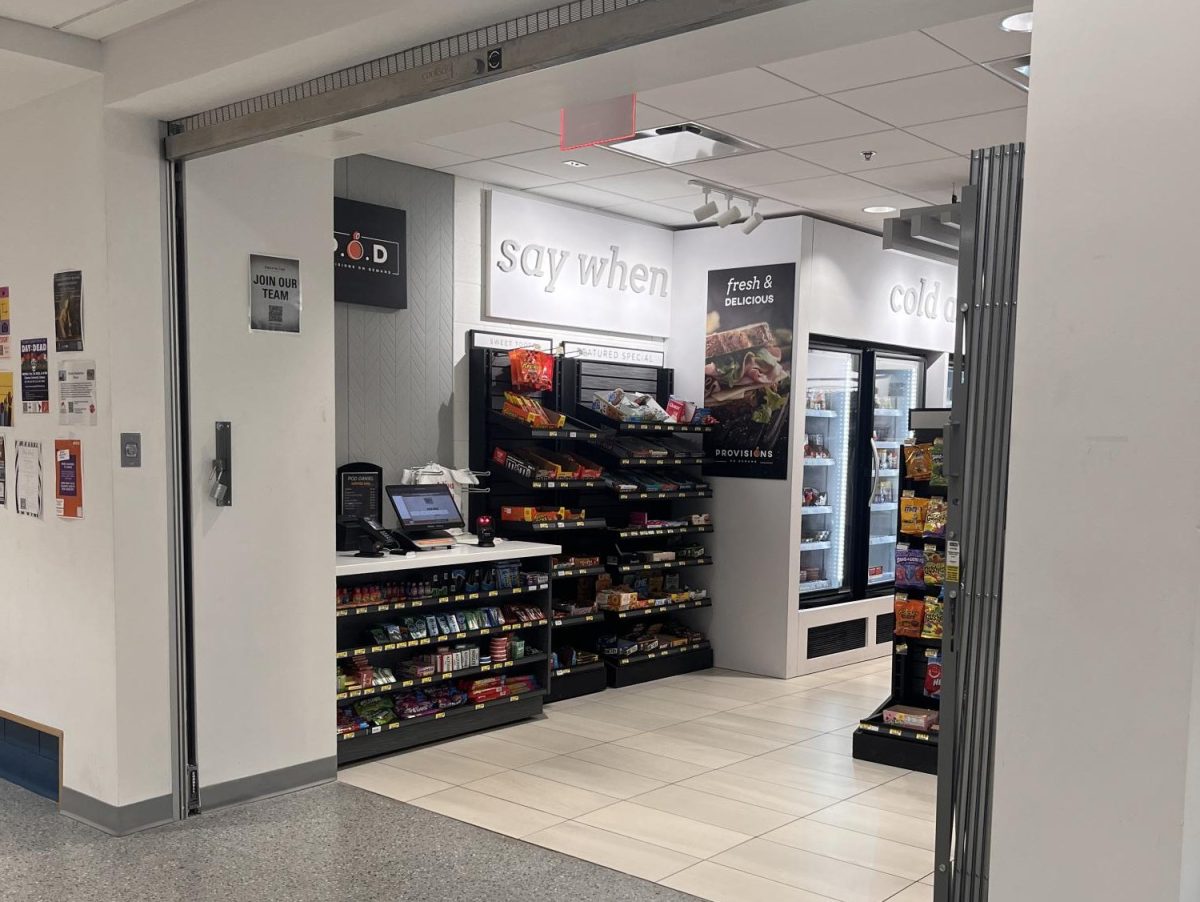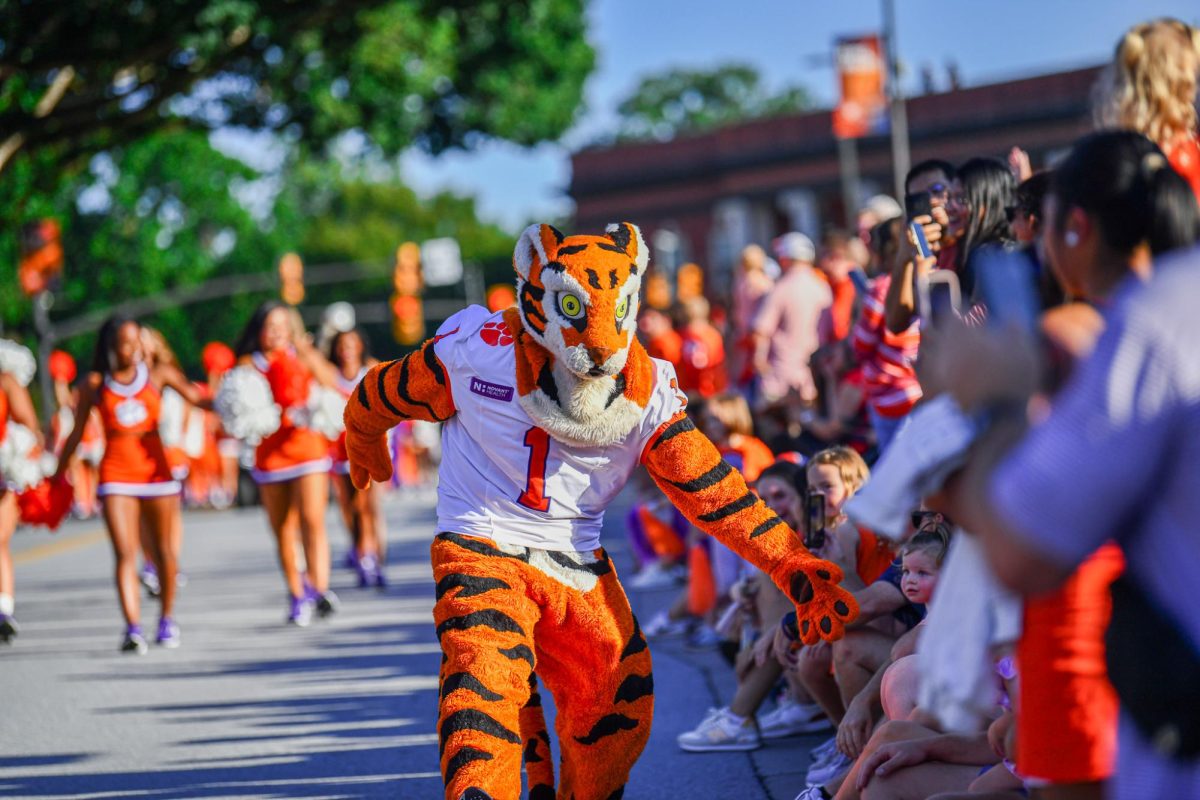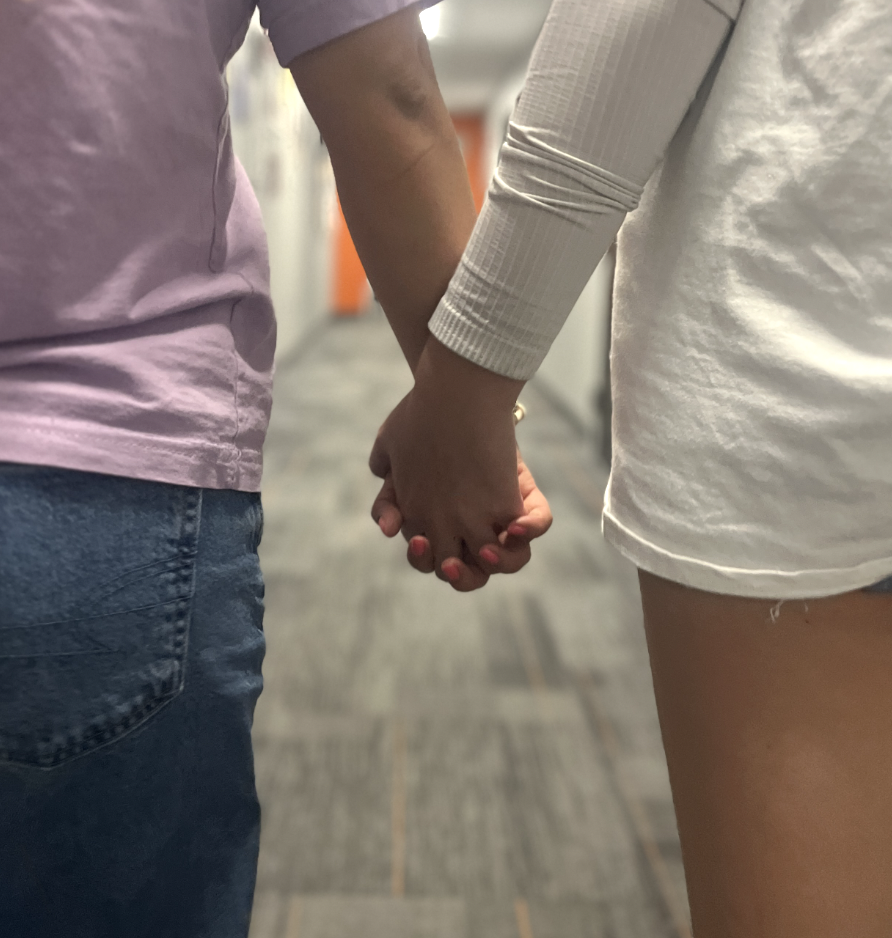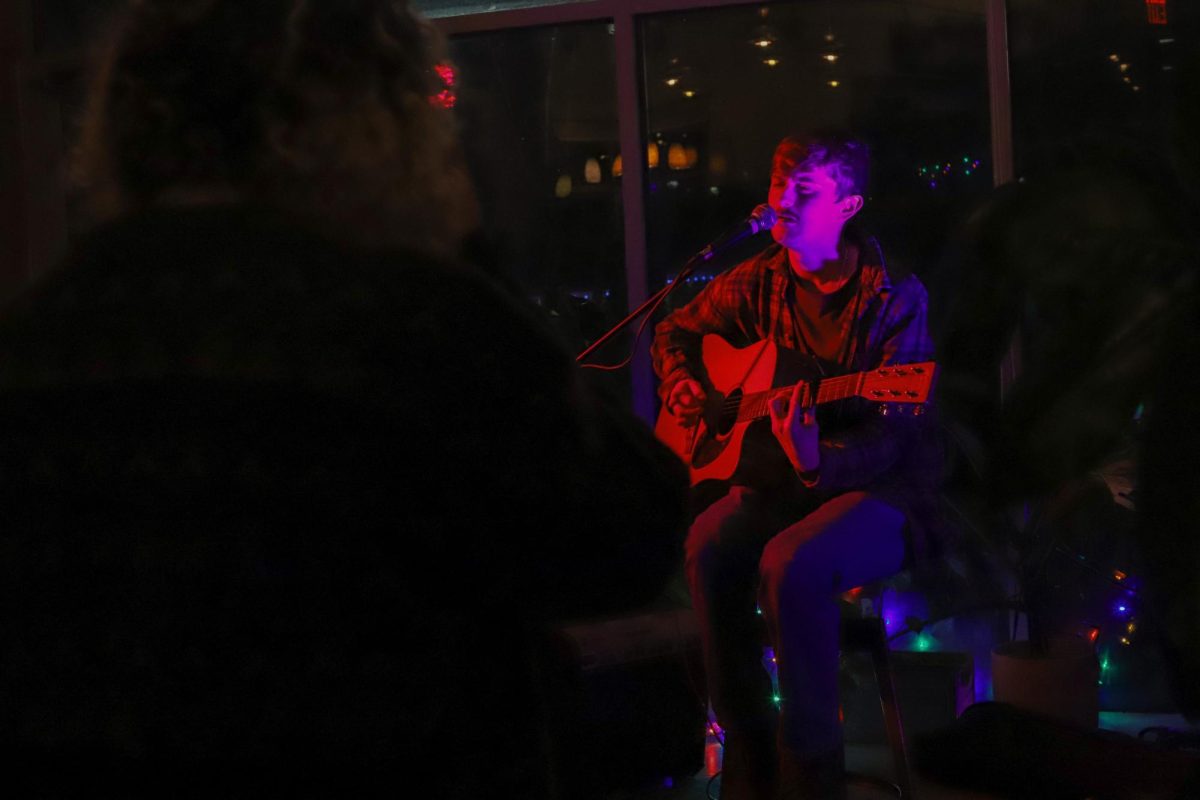With campus at the edge of Lake Hartwell and in the foothills of the Blue Ridge Mountains, it is easy for Clemson students to get outside. Worldwide, however, that’s not necessarily the case.
This is what James Mills refers to as the “adventure gap,” in his book of the same name, which is the gap of those who spent time in nature for adventure and those who don’t.
For example, according to a 2017 article from the Journal of Experimental Education, white males disproportionately fill outdoor places. In a study done by the National Parks Service, only about 4–7% of people who visit national parks are non-Hispanic, black people, despite representing about 13% of the population.
Why are racial minorities less represented in these places? At first glance, the outdoors seems like somewhere anyone is welcome and can enjoy for a low cost. After all, a walk across the Dikes to Lake Hartwell seems like the cheapest afternoon activity possible.
The disparity goes back to America’s history of slavery and Jim Crow segregation. According to National Geographic, the mandated segregation carried into national parks until after WWII, but the effects reverberated for decades after and continue to affect the demographics of visitors today.
Other minorities have been historically excluded as well. The same article points out that the Yellowstone entrance reads “for the benefit and enjoyment of the people” and yet, these lands were taken from natives who formerly lived there.
Similarly, LGBTQ+ people are underrepresented in these spaces due to discrimination and lack of access, according to the Sierra Club.
On top of that, adventure is expensive. Payment for park access, trail permits and equipment creates another barrier for people.
While this “adventure gap” may be difficult to bridge, universities may be one answer to the question.
Marissa Frost, a graduate assistant at Clemson Outdoor Recreation and Education (CORE), discussed the importance of inclusion and how universities can be spaces for things to change.
“Everyone deserves the chance to recreate,” Frost said. “It’s not fair that white people have that advantage of being outside, especially when we think about the historical backgrounds of the lands that we recreate on.”
For that reason, CORE is working to provide all students with opportunities to get outside.
Recently, Frost has been working on programming for LGBTQ+ inclusion, including climbing events for National Coming Out week and Pride Month.
“The main idea behind those was just to create a safe space for people to come in and climb and get to talk to people who are part of this community that they might not get to interact with otherwise.”
These programs will be regularly on the schedule for next semester, along with a women’s climb night. Frost worked at a climbing wall when she was an undergraduate student and explained the impact of having people who look like you in the outdoors.
“There’s a big competition climbing community on Clemson’s campus and it’s definitely male-dominated so it’s a good space for the women to come and hang out together.”
Along with the climbing programs, CORE is working with the Harvey and Lucinda Gantt Multicultural Center to create trips. Next year, they will offer a paddle trip for National Coming Out week and day hikes for Trans Appreciation week.
“Historically, LGBTQ+ people have been excluded from the outdoors…knowing they can meet people who are in the same boat and want to get outdoors is really great.”
CORE also realizes that low socioeconomic groups struggle to get outside due to costs. To combat this, Frost explains that they aim to make trips and gear as accessible as possible.
“With our trips that we run, we try to have them at break-even costs…that way folks of, hopefully, all socioeconomic statuses can participate in our trips.”
Additionally, students can rent gear from CORE rather than buying their own. That way, Frost explains, students can try new sports and activities at a low price before investing in expensive gear.
Going forward, Frost hopes that Clemson Outdoor Recreation will be able to increase diversity, equity and inclusion training as well as create group-programming to connect with people who have historically been excluded from the outdoors and take them outside.
Clemson, Frost explains, is the perfect place to test out opportunities like these.
“That is a super neat and unique thing about Clemson, is you do have all of this stuff very close by,” Frost said. “Even if you don’t have a car, you can take a bus or walk over to Andy’s and still go paddling and have that experience.”
Universities are in a unique position to take on exclusion in the outdoors. Outdoor Education centers have the opportunity to create low-cost programing to teach outdoor skills and encourage people to try new activities.
As Frost emphasized, CORE is a way to make new friends, connect with people you wouldn’t otherwise know and push your limits, no matter your background.
How Clemson is bridging the ‘adventure gap’
Frances Kirk, Associate Editor
April 28, 2022
0
Donate to The Tiger
Your donation will support the student journalists of Clemson University. Your contribution will allow us to purchase equipment and cover our annual website hosting costs.
More to Discover



